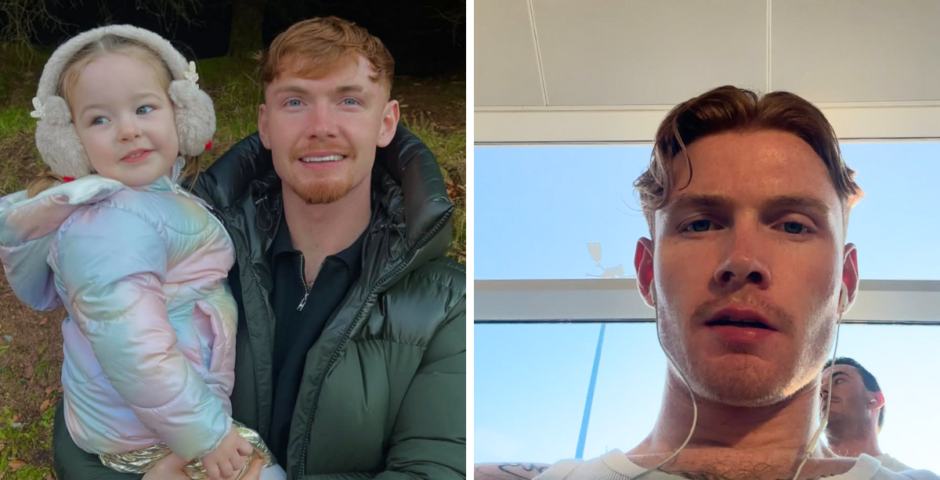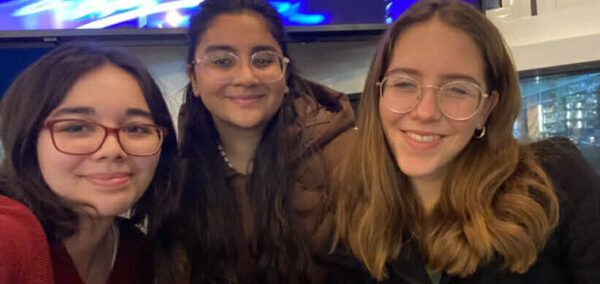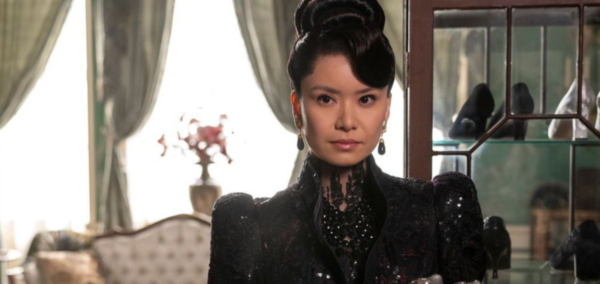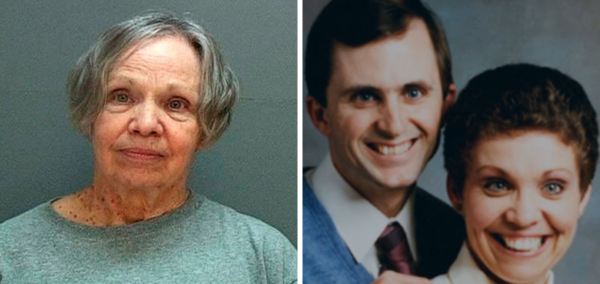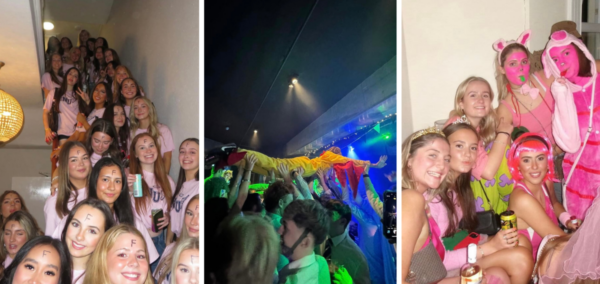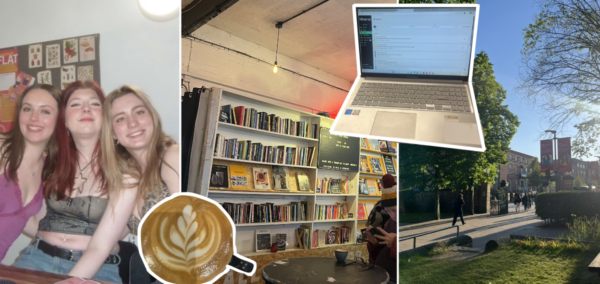
Glasgow University graduate allowed to stay in the UK to receive life-saving treatment
‘I don’t just have treatment, I have a life here’
A Glasgow University graduate, Youssef Mikhaiel, has won a case against the Home Office to stay in the UK to receive treatment for a rare genetic disorder.
The 28-year-old Egyptian has won the right to stay in the UK until 2026 after battling a genetic disorder known as Fabry disease, because he is unable to receive treatment in his home country, BBC News reports.
Mikhaiel was set to be deported last June, but this was postponed after a ruling at the Court of Session in Edinburgh. When the Home Office ordered that he should be removed from the UK, he applied for leave to remain on medical grounds after his diagnosis. The Home Office has now allowed him to stay for a further two and a half years.
The University of Glasgow aeronautical engineering graduate had been held at Dungavel House immigration removal centre in Lanarkshire for two weeks in May and June.

Fabry disease is an inherited condition where enzymes are unable to break down fatty materials known as lipids, resulting in them building up in the body. Symptoms include chronic pain, high temperatures, and an inability to sweat. The disease can significantly shorten a person’s lifespan.
Officials at Misr Hospital in Egypt sent a letter to his solicitor in an attempt to emphasise the severity of the illness to the Home Office. It confirmed that the country’s drug authority did not provide a medicine called migalastat, which is used in Scotland to treat this disease.
Most Read
The letter said: ”Undoubtedly, the absence of his required treatment for his rare disorder in Egypt would cause intense suffering or death.”
Mikhaiel commented: “The treatment is not available at all and you don’t even have access to proper diagnosis for Fabry disease. First of all, this is my life. It affects my lifespan – the maximum is 50 years old for males and I am 28. I would like to have a career, have a future and build a family. So this was critical for my life.”

The Tab Glasgow spoke to Youssef regarding the situation.
Youssef, when asked if he held any resentment toward the Home Office due to how the situation was managed, said: ”I’m not a politician, but, to be honest, I’m still processing everything.
“Three months ago I was in detention, and I think I’m still processing [the fact that] I was in detention and that I was about to be deported. All of a sudden the Home Office turned around and said we’re considering your application, and we’re granting you until April 2026.
“I’ve got no comments about the Home Office, and I’m not a political person.”
Following the Home Office’s decision and Mikhaiel’s plans for the future, he said: ”At the moment I’m still waiting on my papers coming over, which will be confirmed with my consultant, and after that, we’re going to have a talk about the when and hows. I don’t have the answers to those questions at the moment but I am on very strong medication now for pain relief which is kind of easing the symptoms but not curing them. So honestly, I’m just waiting on my consultant to reply.”

The Home Office has now written to him, confirming it has granted him the right to remain until 26 April 2026. The letter said:
”Although you do not qualify for leave to remain in the United Kingdom under the immigration rules, it has nonetheless been decided that discretion should be exercised in your favour. You have therefore been granted limited leave to remain in the United Kingdom in accordance with the principles set out in the Home Office policy instruction on discretionary leave.”
It also mentioned that it made the decision ”on the basis of exceptional circumstances”.
Youssef said: ”I already have my partner who is here, so I don’t just have a treatment, I also have a life. Here, I have a partner, and we’re planning on getting married soon. Hopefully, I’ll try to find a job, find a place [to live] and start arranging things for the wedding, just trying to have some normal life instead of all of this trauma. Get married, settle down for a bit, and receive the treatment.”
He then added: ”I also want to shed some light on what happened in Dungavel detention centre because for example, when I asked for my GDPR or a list of my rights, I have been asked ‘why’.
“So, just once stuff gets settled down for a bit, I can sort myself out and then get into those sorts of things, because it’s not just for myself, it’s for others who get treated like this. The majority don’t speak English and hence, they cannot ask what is right and what is wrong.”

The Home Office has refused to comment on the situation, stating that they ”do not comment on individual cases.”
A spokesperson added: ”All applications for leave to remain are carefully considered on their individual merits, on the basis of the evidence provided and in accordance with the immigration rules. We only return those with no legal right to remain in the UK and will not return anyone to countries where they have been found to be at risk of persecution or serious harm.”
Related stories recommended by this writer:
• Students stage ‘sit-in’ at University of Glasgow regarding situation in Gaza
• Lady Rita Rae: An interview with the Glasgow University Rector
• Scotrail team up with Glasgow Caledonian student support workers to provide training and experience




